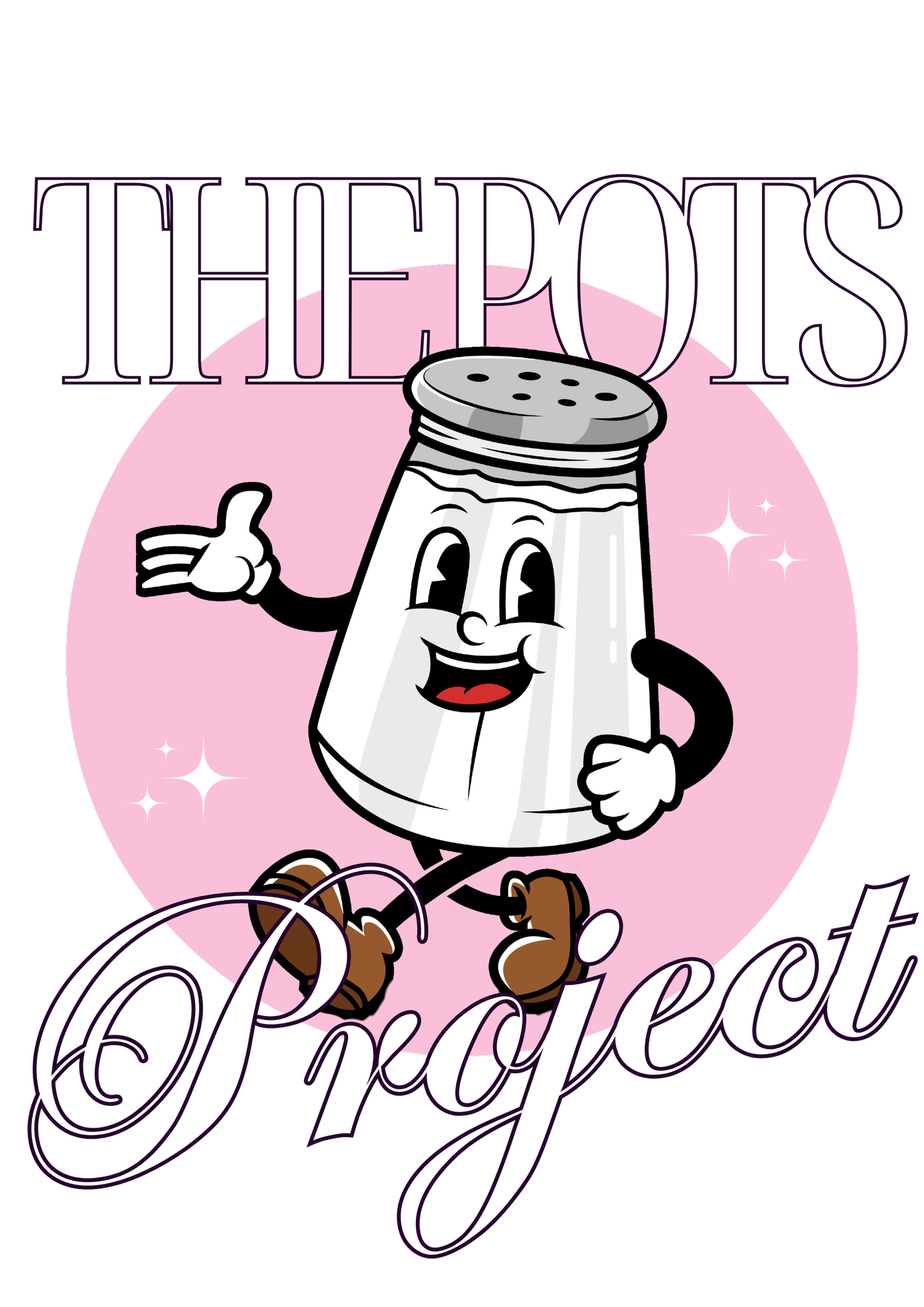The POTS Project began as a deeply personal mission inspired by firsthand experiences with postural orthostatic tachycardia syndrome. Seeing the significant gaps in awareness and resources for those struggling with this often-misunderstood condition, I set out to make a change. The POTS Project was created to be a hub of information, advocacy, and community—where those affected could find the tools, education, and connections they needed. Since its inception, it has grown into a movement, shining a light on the realities of living with POTS and bringing people together in the pursuit of greater understanding, improved care, and lasting change.
FAQs
-
POTS, or Postural Orthostatic Tachycardia Syndrome, is a type of dysautonomia that affects the autonomic nervous system, causing an abnormal increase in heart rate when standing up. This leads to symptoms like dizziness, lightheadedness, rapid heartbeat, fatigue, and sometimes fainting. Often triggered by factors like illness, trauma, or autoimmune conditions, POTS can significantly impact daily life but is manageable through a combination of increased salt and fluid intake, medications, compression garments, and lifestyle changes.
-
Some, but not all, POTS symptoms may include:
Rapid heartbeat (especially when standing up)
Dizziness or lightheadedness
Fainting or near-fainting
Fatigue
Brain fog (difficulty concentrating)
Nausea
Shaking or tremors
Shortness of breath
Chest discomfort
Headaches
Sweating abnormalities
Cold or discolored hands and feet
Exercise intolerance
-
While everyone is different, the best way to support a friend with POTS is by being patient, understanding, and flexible. Learn about their condition so you can better understand what they’re going through, and don’t take it personally if they need to cancel plans or take breaks. Offer help with daily tasks if they’re feeling fatigued, and encourage them to listen to their body. Even small gestures like sitting with them when they need to rest, helping them stay hydrated, or simply checking in can make a big difference.
-
Your donation not only goes back into helping us further educate the world about POTS and Dysautonomia, but it also goes toward POTS research studies and goes back to POTS patients themselves. Once a year, we try to give back to our POTS community by offering grants to help pay for medical bills and necessary lifestyle changes.


